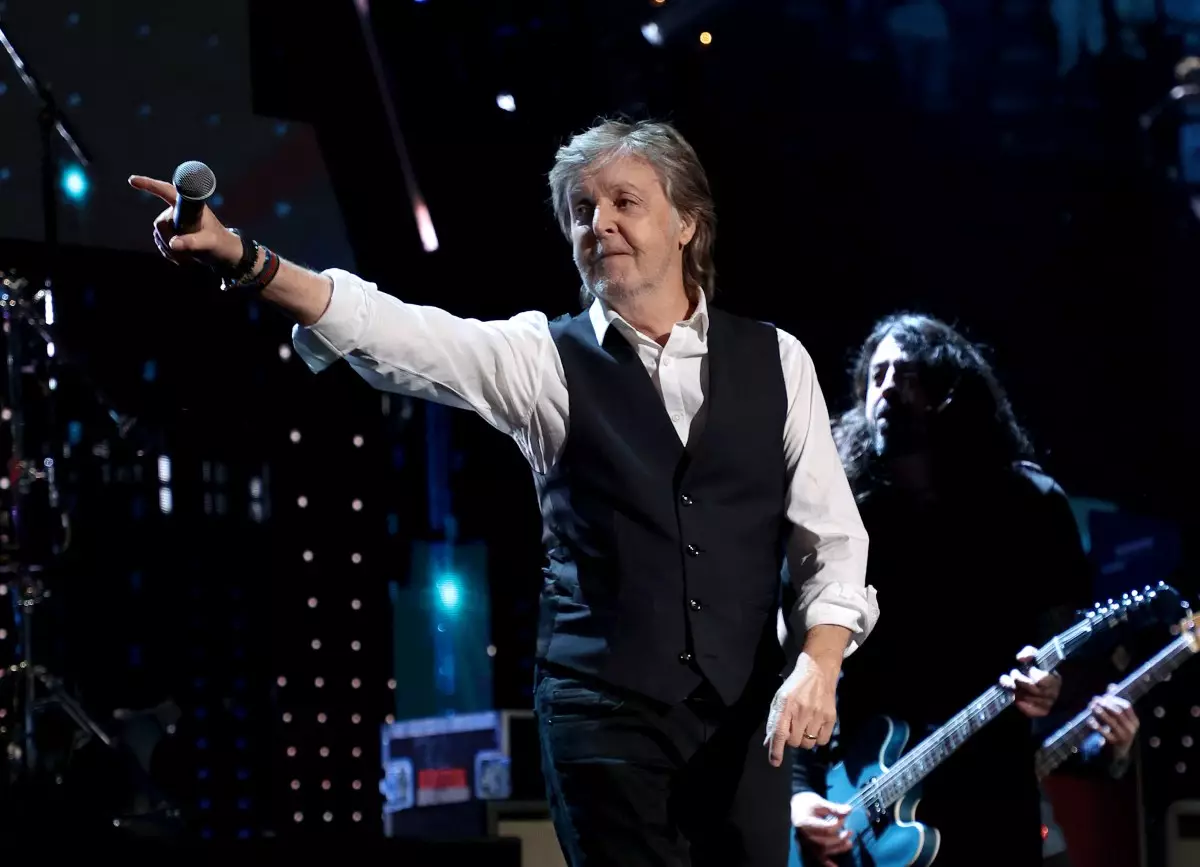Renowned artist Paul McCartney has united his voice with a growing chorus of musicians and creators expressing deep concern over proposed modifications to the UK copyright law. These new regulations would permit technology corporations to utilize online content for training their AI models without the explicit consent of copyright holders, unless they actively opt out. This shift represents a significant departure from existing norms that safeguard creative ownership, potentially undermining the livelihood of countless artists. McCartney’s criticism highlights the essential responsibility of government bodies to safeguard the interests of creatives in an evolving digital landscape that increasingly leans on artificial intelligence.
A Call to Action from a Music Icon
During a recent interview with the BBC, McCartney’s impassioned remarks resonated with urgency. He articulated, “We’re the people, you’re the government! You’re supposed to protect us.” His statement serves as a stark reminder of a government’s duty to defend its creative sectors. With the musical landscape continuously changing due to technological advances, McCartney believes that proper protective frameworks must be established to ensure artists are not imperiled by content-hungry corporations. He firmly argues that if legislators proceed with the proposed bill without ensuring robust protections for musicians and other artists, the very essence of creative expression could be jeopardized.
While McCartney acknowledges the vast potential of AI in transforming the creative process, he simultaneously raises alarms about its implications for artistic integrity. Notably, he has utilized AI to enhance and restore an old John Lennon recording, demonstrating its constructive applications. Nevertheless, he emphasizes that a reckless approach to copyright in the context of AI threatens the financial stability of emerging artists. Many young songwriters today fear that their original creations may be appropriated without proper acknowledgment or compensation. McCartney warns that this may discourage them from pursuing their passions in music, resulting in a future devoid of authentic voices.
The prospect of unrestricted access to online content by tech firms raises critical questions about the sustainability of creative industries. McCartney’s advocacy serves as a vital reminder of the precarious position faced by new creators who could be left vulnerable in a system where their efforts are easily exploited. With the staggering growth of AI tools and resources, the music industry must find equilibrium—ensuring that technological innovations do not come at the cost of artistic ownership and compensation. The future of myriad talented artists lies in protective legislation that not only acknowledges but actively upholds the rights of creators in an age increasingly dominated by artificial intelligence.
Ultimately, the discussion initiated by McCartney urges legislative bodies to reevaluate their priorities. By engaging with the concerns of artists and crafting policies that reflect the realities of both creativity and technology, governments can lay a solid foundation for an innovative yet respectful relationship with intellectual property. The way forward depends on balancing the ingenious capacities of AI with a steadfast commitment to protecting the artists who inspire future generations. The message is clear: without indispensable safeguards, the thriving cultural landscape risks becoming a mere footnote in the annals of history.

